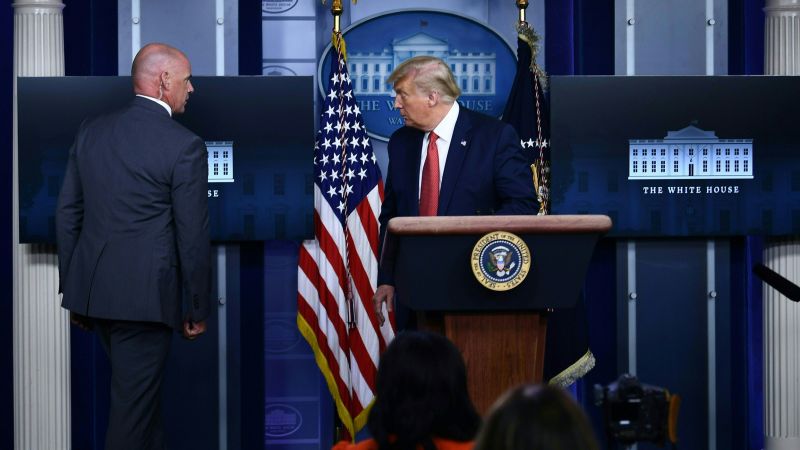Senate Pushes for Sanctions Amid Political Games
The Senate is on the verge of advancing a significant sanctions bill targeting Russia, yet the process is marred by typical political maneuvering. Senator Lindsey Graham (R-S.C.), the architect of the bill, recently stated that President Donald Trump is finally ready to act, suggesting a shift in the administration"s stance on Russia amidst growing bipartisan pressure. Graham"s remarks indicate a new urgency, revealing the complex dynamics at play as the Senate gears up for a vote.
Trump"s Waiver Authority Raises Red Flags
As reported by AP News, the revised legislation includes expanded waiver authority for the President, allowing him to bypass sanctions on nations purchasing Russian oil or uranium for an additional 180 days. This provision is a direct response to the White House"s demands for greater flexibility, effectively granting Trump the power to delay meaningful action against Russia. The implications of this waiver authority cannot be overstated; it serves to undermine the very purpose of the sanctions and signals a reluctant acknowledgment by Congress of Trump"s influence over foreign policy.

After shooting near the White House Trump briefly leaves press briefing ...
Bipartisan Support and the Illusion of Strength
Despite overwhelming bipartisan support for the sanctions—82 senators reportedly backing the bill—there remains a troubling undercurrent of uncertainty. The bill’s authors, including Graham and Senator Richard Blumenthal (D-Conn.), may believe they are forging a path to accountability, but in reality, they risk legitimizing Trump"s erratic foreign policy. The perception of strength often distracts from substantive action, as evidenced by Trump"s history of vacillation on Russia. According to Fox News, Trump"s recent frustrations with Putin appear to be a façade, convenient for political posturing rather than a commitment to a robust strategy against Russian aggression.
Consequences of Delayed Action on Civil Rights
The stakes of this legislative tug-of-war extend beyond foreign policy; they implicate civil rights and democratic governance at home. The lack of a clear and decisive stance against Russia not only emboldens autocratic regimes but also sends a message that the U.S. is unwilling to defend democratic values. The consequences of this indecision can ripple through the international community, affecting alliances and emboldening authoritarian leaders worldwide. The ongoing conflict in Ukraine highlights the urgent need for a principled stance against oppression, yet Congress seems trapped in a cycle of inaction, catering to a president who has shown a troubling affinity for authoritarian figures.

Voting rights: Senate Republicans block signature Democratic election ...
Public Sentiment and the Pressure for Action
As the Senate prepares to take up the sanctions bill, public sentiment is a crucial factor that cannot be ignored. The American people are increasingly disillusioned with the political establishment"s inability to confront foreign threats decisively. The delayed action on the sanctions bill reflects a broader pattern of political paralysis that has characterized much of the Trump presidency. This failure to act decisively not only undermines the credibility of U.S. foreign policy but also jeopardizes the integrity of democratic institutions at home. The urgency of the situation with Russia demands a firm response, yet the political elite seem more concerned with safeguarding their interests than upholding democratic principles.



![[Video] Gunfire between Iraqi security forces and Sadr militias in Baghdad](/_next/image?url=%2Fapi%2Fimage%2Fthumbnails%2Fthumbnail-1768343508874-4redb-thumbnail.jpg&w=3840&q=75)
